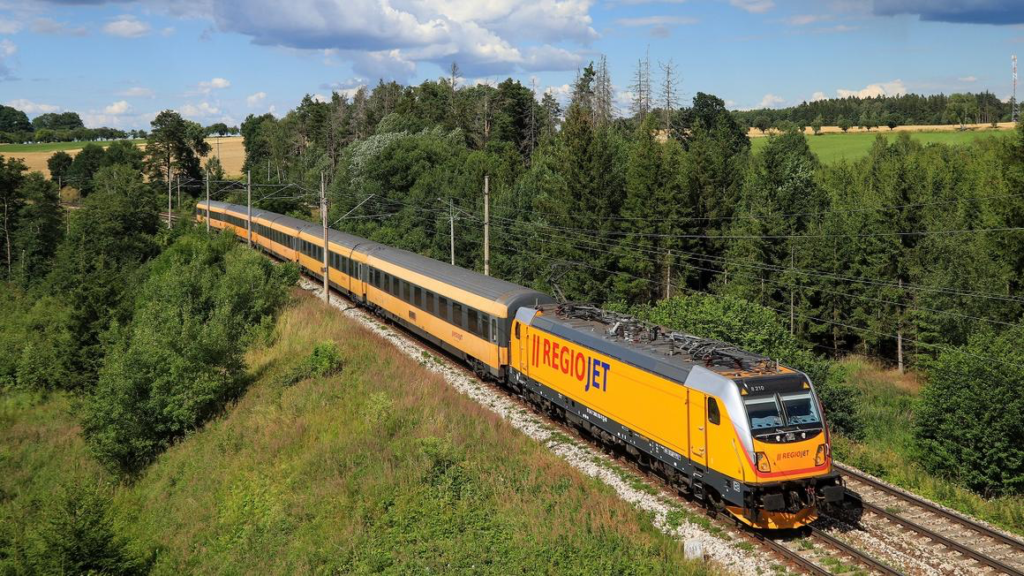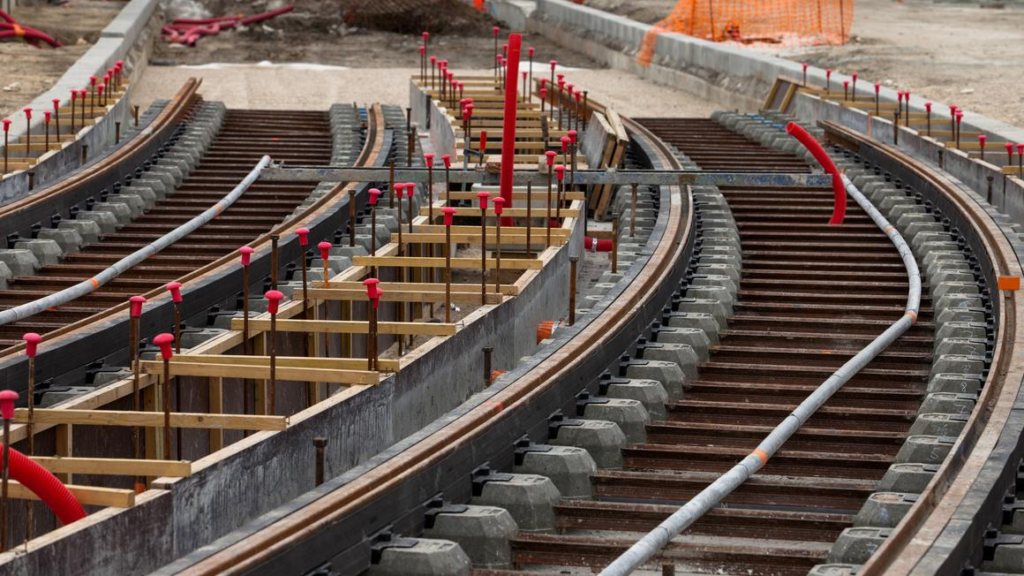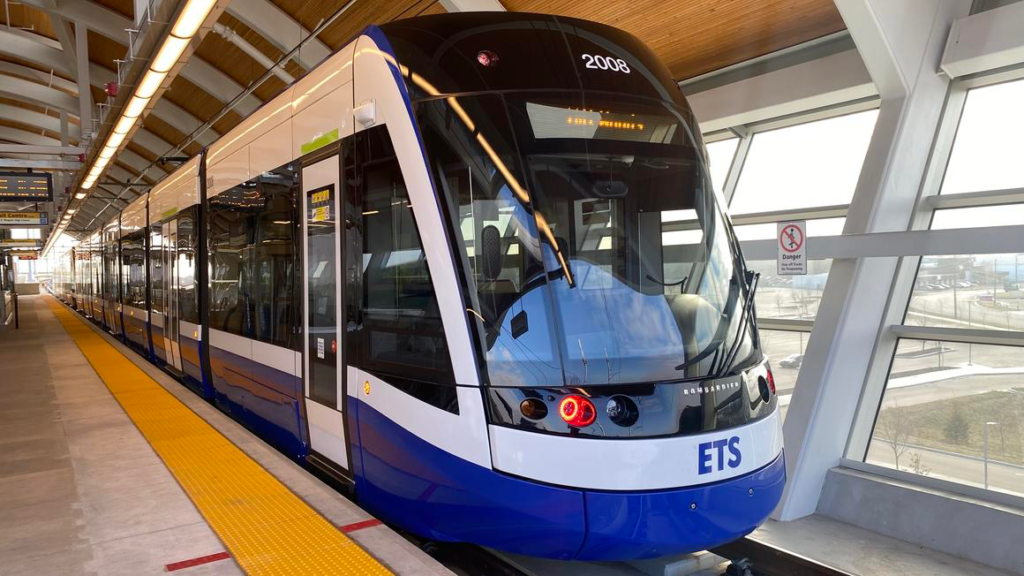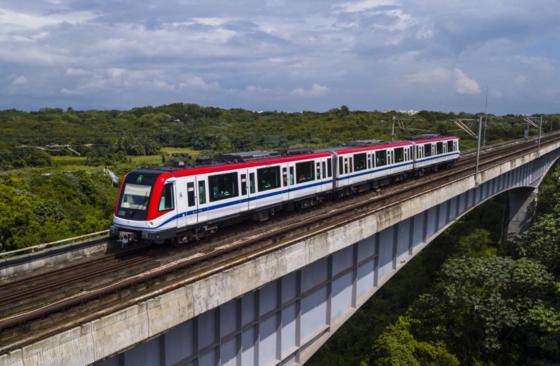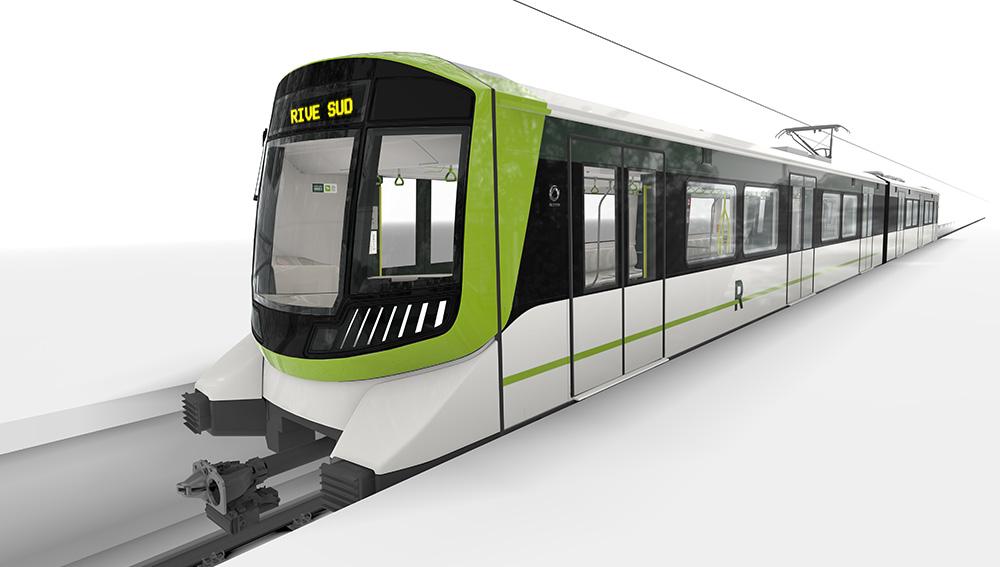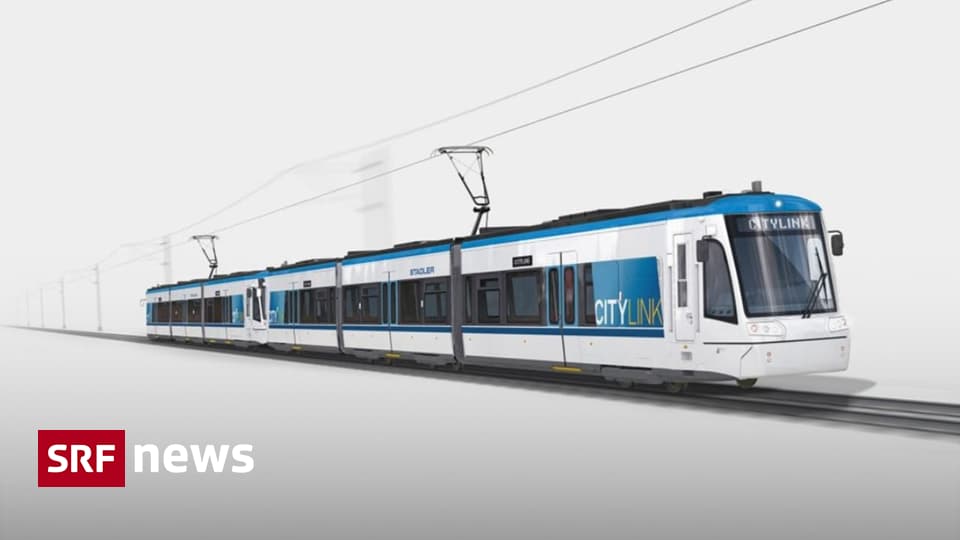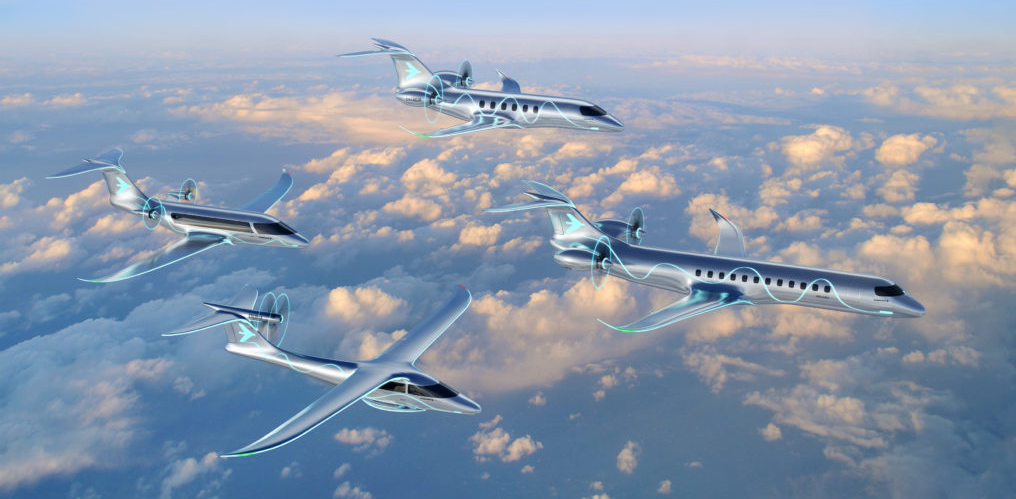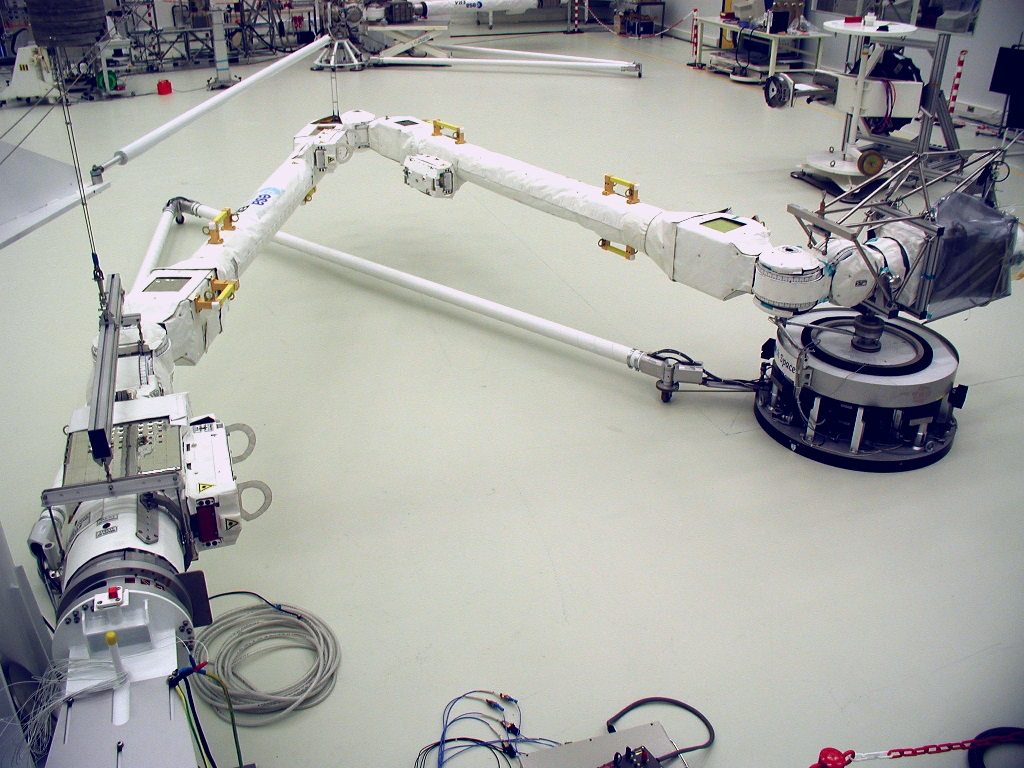Alstom signs contract to supply 16 electric locomotives in Romania
January 29, 2024 – Alstom, global leader in smart and sustainable mobility, and the Romanian Railway Reform Authority (ARF) have signed a contract for the delivery of 16 Traxx 3 MS electric locomotives and 20…
